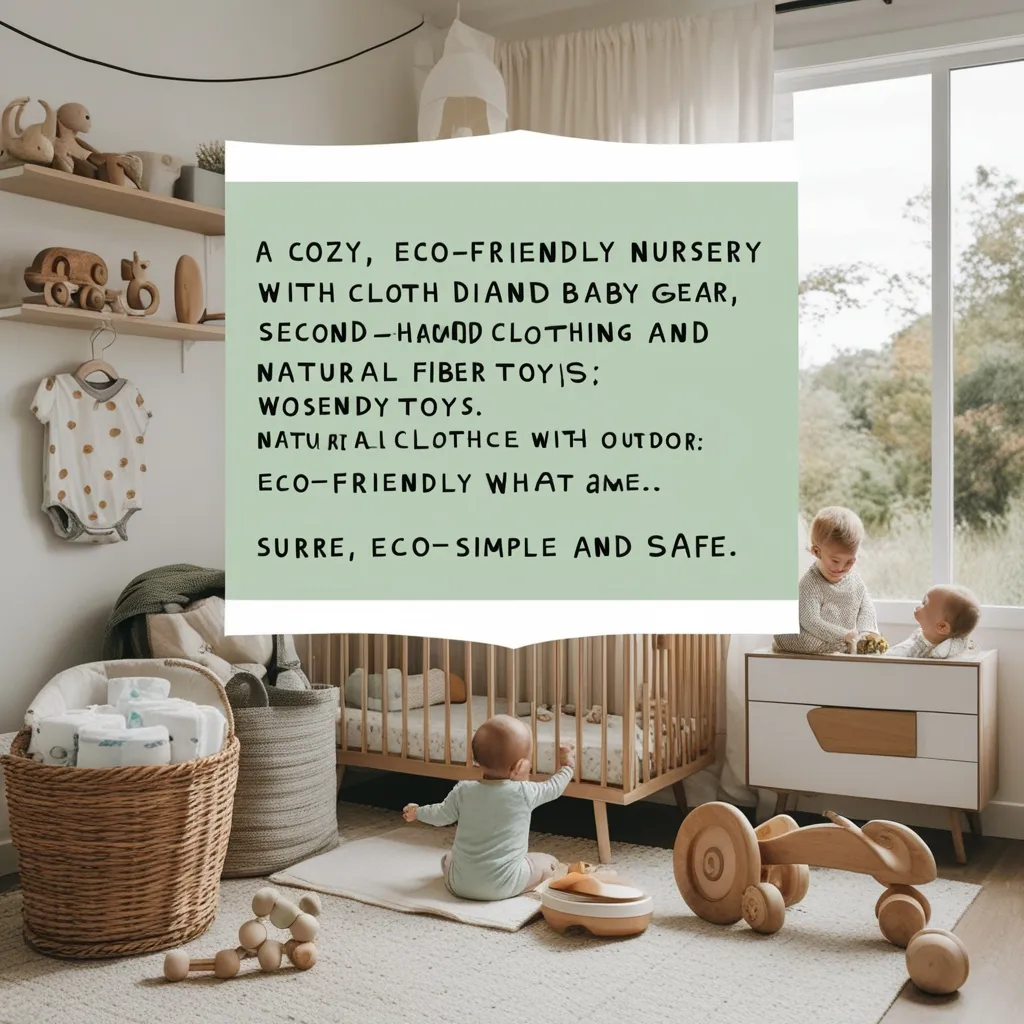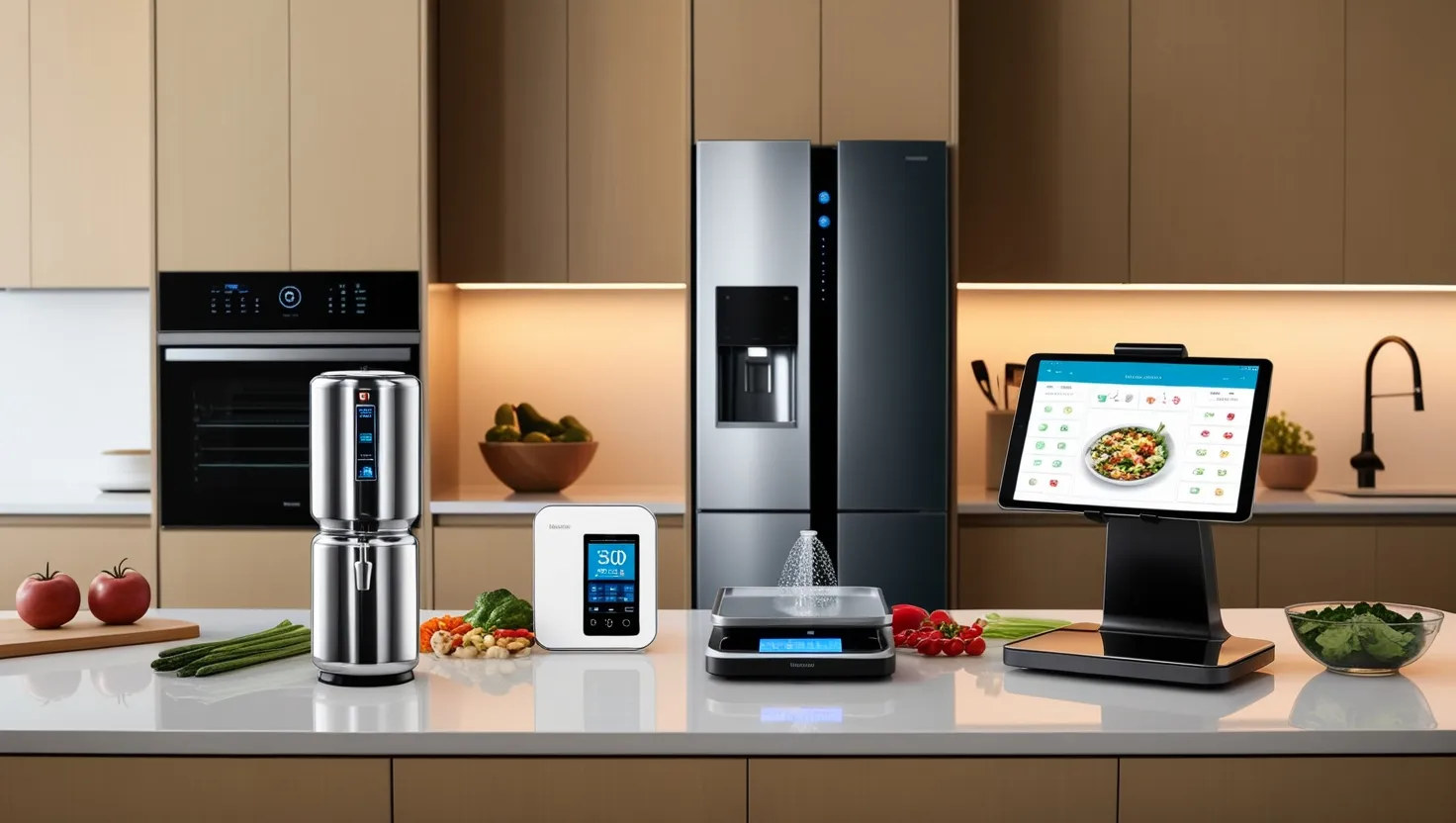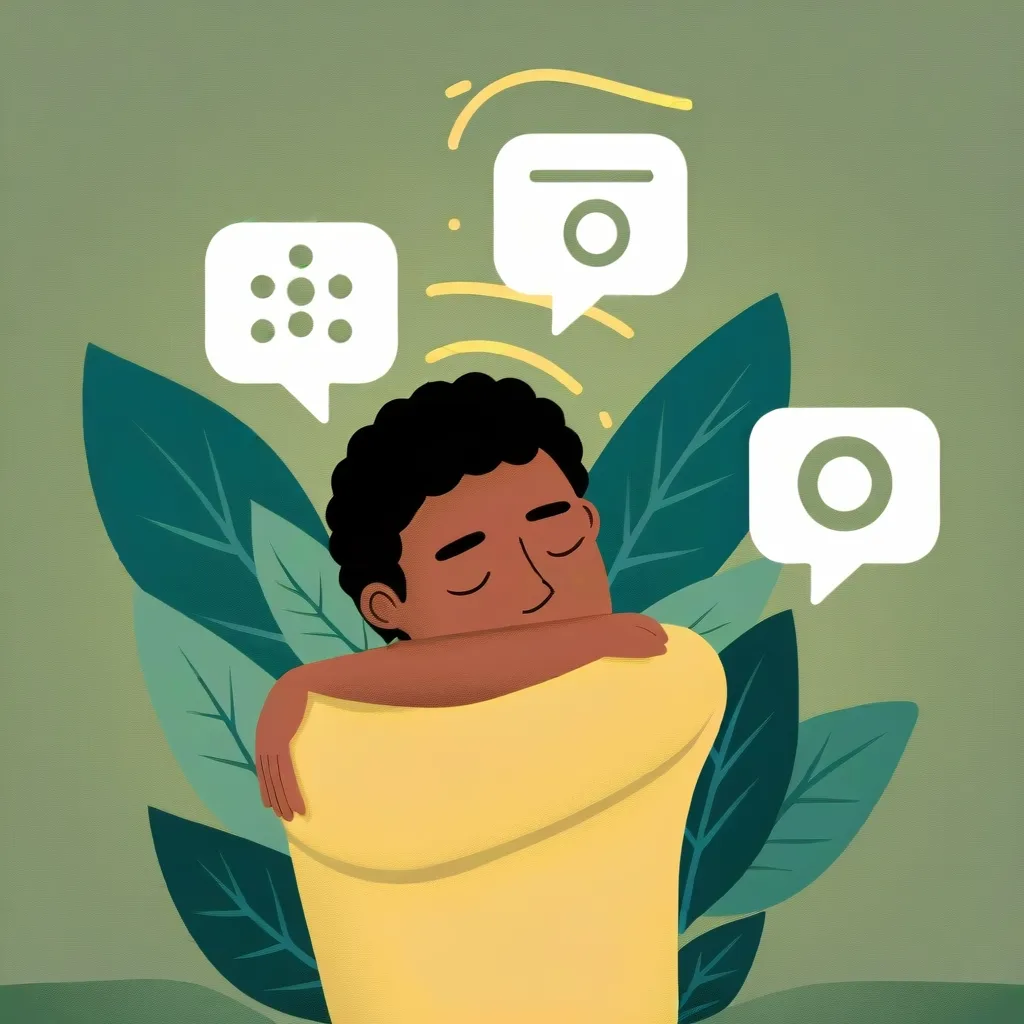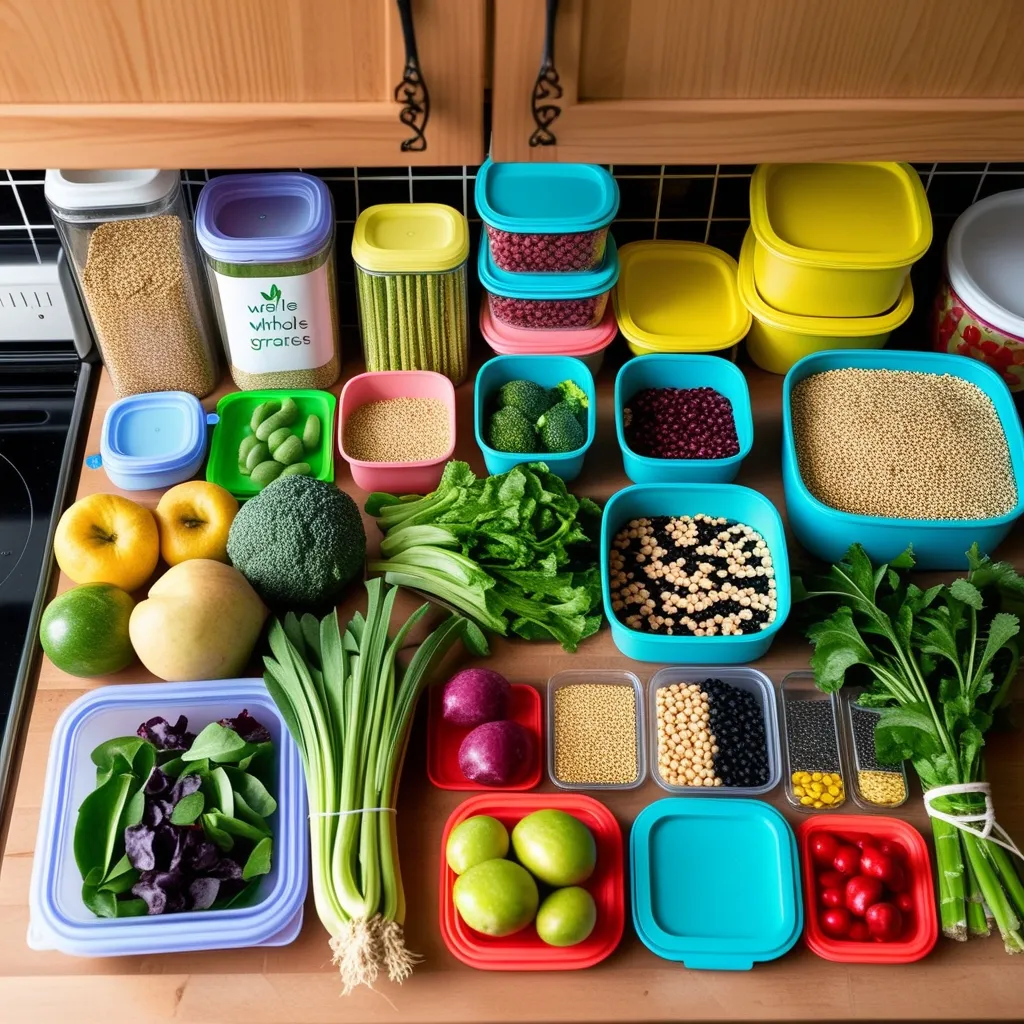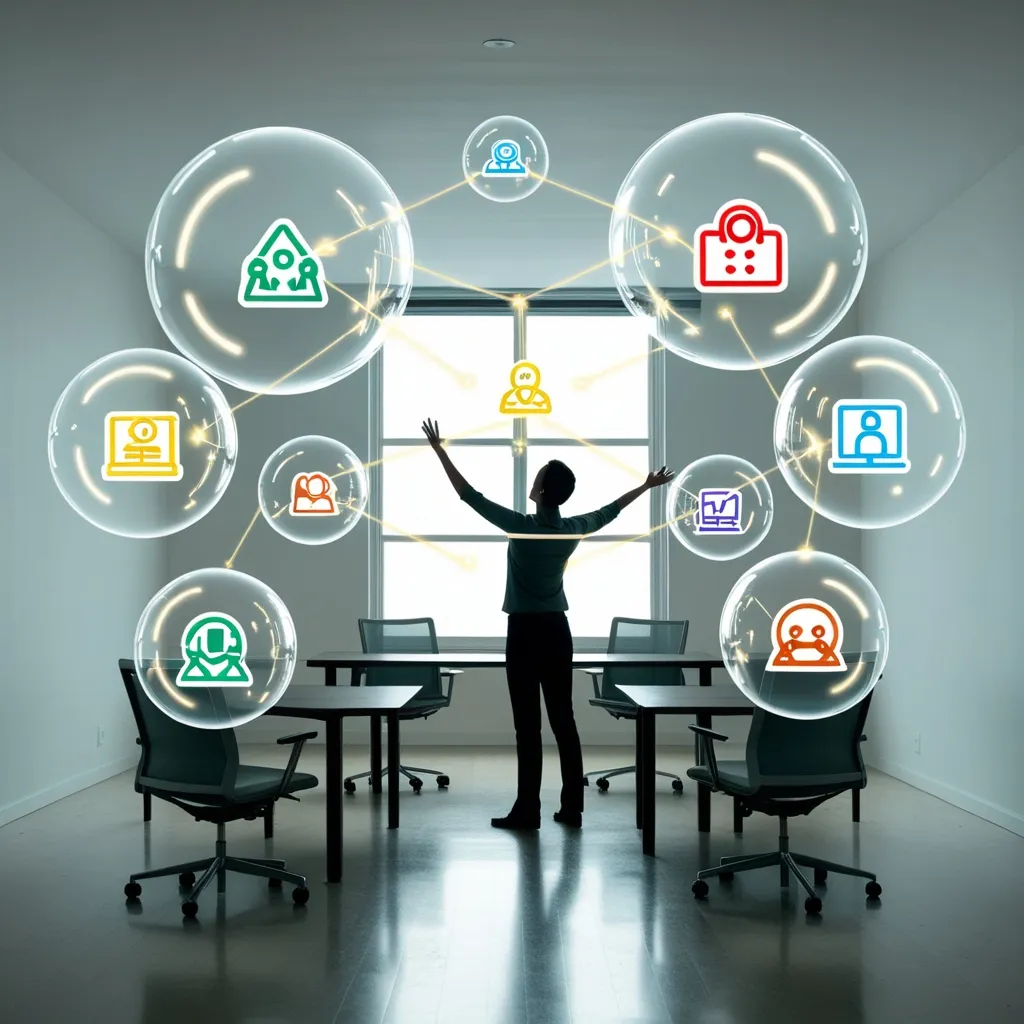Bringing a new baby into the world is one of life’s magical moments, but it’s not all sunshine and rainbows. Along with the joy comes the big responsibility of creating a safe and sustainable environment for the tiny human. It’s super important to think about how your everyday choices impact not just your immediate surroundings but also our planet. Let’s dive into some simple, eco-friendly tips to take care of your new bundle of joy in a way that’s kind to Mother Earth.
Starting with the all-important task of dealing with diapers. Ah, diapers! They’re a crucial part of caring for a baby, but they can have a massive environmental footprint. Consider switching to cloth diapers. They might feel like more work, especially when you’re juggling parenthood, but they cut down a lot on waste. And yeah, it’s true—you need to wash them, but think about all the disposable diapers that won’t be sitting in landfills for centuries.
If cloth diapers seem overwhelming, don’t worry. You can opt for reusable cloth wipes, which are way easier to manage. For those sticking with disposable diapers, buying in bulk from brands that use sustainable materials is a great compromise. If you’re feeling adventurous, there are plenty of online platforms like Facebook Marketplace where you can snag second-hand cloth diapers at a bargain. It’s a win for the wallet and the planet.
Next up, baby gear. These items can be quite the money pit and often end up discarded way too soon. Why not borrow from friends or nab second-hand stuff? Trust me, thrift stores and online marketplaces are treasure troves of gently used baby gear. Whether it’s a crib, stroller, or a cute little play set, these can quickly be outgrown. Going second-hand saves you some cash and gives these products a second life, reducing their environmental impact.
Buying new? Try to think multi-use. Take a Pack and Play, for instance—it’s a bassinet, a play area, and a travel buddy, all in one. Smart and sustainable.
Then there’s the world of baby clothes. Babies grow like weeds, outgrowing their clothes in what feels like nanoseconds. Therefore, buying a size or two larger can save you from constant shopping trips. Hand-me-downs are also golden, so don’t shy away from accepting them from friends and family.
Clothing made from natural fibers like cotton and bamboo is not just comfy for the baby but better for the planet too. These materials are breathable and sustainable. When it comes to laundry, eco-friendly detergents are a must, and if you can, line-dry them to save on energy.
Feeding your baby can be a mix of joy and mess, and it’s another area where you can make eco-friendly choices. Silicone bottles are an excellent alternative to plastic ones. These bottles are free from nasty chemicals and are durable enough to last you through the baby years and beyond. Plus, they’re super easy to clean.
Homemade baby food is another sustainable option. Making purees from organic ingredients not only keeps preservatives and chemicals at bay but also cuts down on the waste generated by single-use pouches. Even better, baby-led weaning is a fantastic approach. It reduces food waste and helps instill healthy eating habits early on.
Playtime! It’s crucial for a baby’s development, but it doesn’t need to be all about plastic toys that buzz and light up. Natural play is just as engaging. Simple activities like talking, singing, and reading to your baby can stimulate their senses and support cognitive development.
Nature itself can be an incredible playmate. Open a window, take a walk, or spend time outdoors. It’s free entertainment and helps foster a love for the environment from a young age.
When it comes to toys and furniture, opt for those made from sustainable materials like wood or bamboo. They’re safer and often more durable than their plastic counterparts. Same goes for furniture. Look for second-hand pieces or those made from 100% natural materials. Whether it’s a cot, mattress, or rocking chair, you’ll find plenty of second-hand options that are as good as new.
Gifts can be tricky. People love to shower babies with all things cute and cuddly, but sometimes practicality is more appreciated. Practical gifts like contributions to the baby’s savings account, gift cards, or experiences are thoughtful and reduce the risk of ending up with heaps of stuff you’ll never use.
As your baby grows, it’s a great idea to get them involved in your eco-friendly lifestyle. Kids are like sponges, absorbing everything. Explain to them why sustainability matters. Make environmentally conscious decisions together. It’s a fantastic way to instill a sense of responsibility towards the planet early on.
Reducing waste and consumption is a cornerstone of sustainable living. Skip unnecessary purchases and go for reusable products wherever possible. For example, use reusable pouches for yogurt or purees, and substitute single-use wipes with small towels or cloths for cleaning up during meals. These small switches can significantly shrink your family’s carbon footprint.
Don’t underestimate the power of community and support. Local baby groups or online forums can be gold mines for tips, resources, and second-hand items. Talking to like-minded parents who are also committed to sustainable living can be incredibly reassuring and motivating.
Going green with baby care isn’t just about making a better world for your child; it’s about taking steps, however small, towards a sustainable future. Whether through eco-friendly diapering, smart clothing choices, or sustainable feeding practices, every choice adds up. Here’s to a greener world for your little one to grow up in! Cheers to sustainable parenting!
